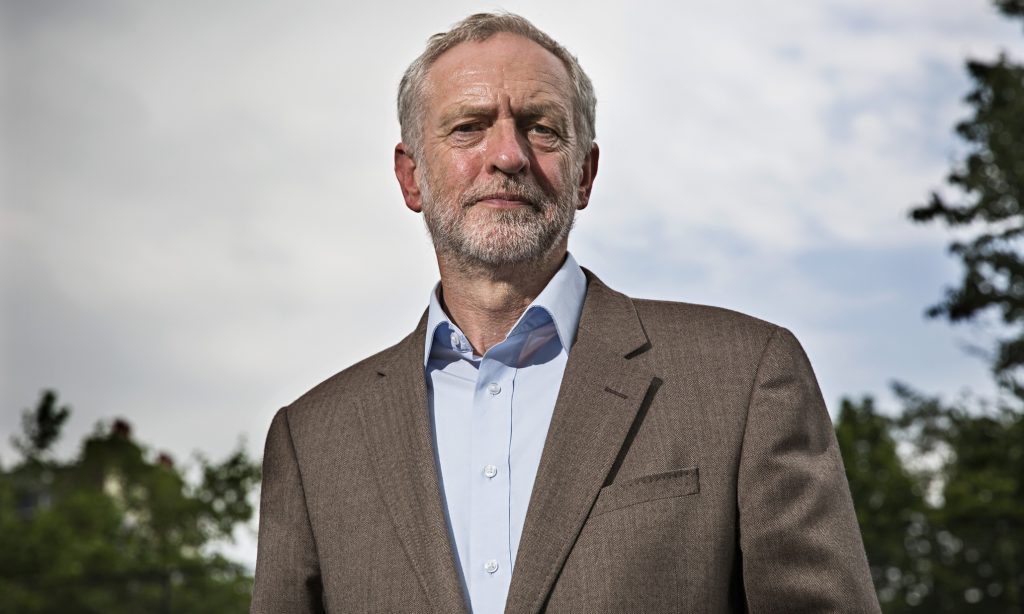
Tony Blair spoke the words ‘A New Dawn has broken, has it not?’ May 2nd 1997 in the early hours of the morning represented a break from 18 years of opposition. Furthermore a break from Conservative rule which turned a social democratic country into a country of yuppies, privatisation and strikes. However most importantly this represented a new style and agenda for the Labour Party following the disunity of Bennites, moderates and the gang of the four and the formation of the Social Democratic Party in 1981. This may be ancient history in political terms as Harold Wilson once remarked that ‘a week is a long time in politics’ but once again a new dawn has broken in the Labour Party.
This ‘new dawn’ is different in many respects to the ‘new dawn’ Blair promised as instead of a move towards the centre ground that Tony Blair emphasised the election of Jeremy Corbyn as Leader of the Labour Party is the end of the pursuit of the centre ground at all costs in the Labour Party. In addition this ‘new dawn’ is symbolised by Jeremy Corbyn himself who is an unashamed socialist and man who as a backbencher constantly went against party line. Furthermore this is significant as over the past five years Ed Miliband has tried to unite Blue Labour and Red Labour in his ‘One Nation’ Labour project which has symbolised a break in some areas of Blairism and the New Labour Project. Therefore election of Jeremy Corbyn symbolises a complete break with Blairism through policies which such as People’s Quantitate Easing and rejection of deregulated markets mixed with left wing policies such as sure start as a method to increase social justice. Furthermore in securing 59.5% of the vote and getting a majority in the first round of the vote stops the so called coup the media suggesting there would be a Blairite backlash to oust Jeremy Corbyn by December.
This so called ‘new dawn’ isn’t just policy such as People’s Quantitative easing, an anti-austerity agenda and other left wing policies like renationalisation, but it is also embedded in a new way of engaging with the electorate. This has been shown already with Jeremy Cobryn addressing supporters in person most notability on top of a fire engine and remarking on several occasions for a change from top down politics to bottom up politics. In words such as the fictional character Wolfie Smith in Citizen Smith would say ‘Power to the People!’
In the coming months it will be interesting to see if Corbyn fever is here to stay or like other British media followings such as Cleggmania and Milifandom which provide a positive narrative in the media but overall do not transfer a positive narrative into electoral success. Furthermore the real tests of Jeremy Corbyn, his agenda and the end of Blairism will be seen next year with the London Mayoral Election, local elections in England and Scottish Parliament Elections. For now it seems as if Blairite MPs won’t be planning a potential coup and the Jeremy Corbyn’s new dawn of the Labour Party will be safe for now.
